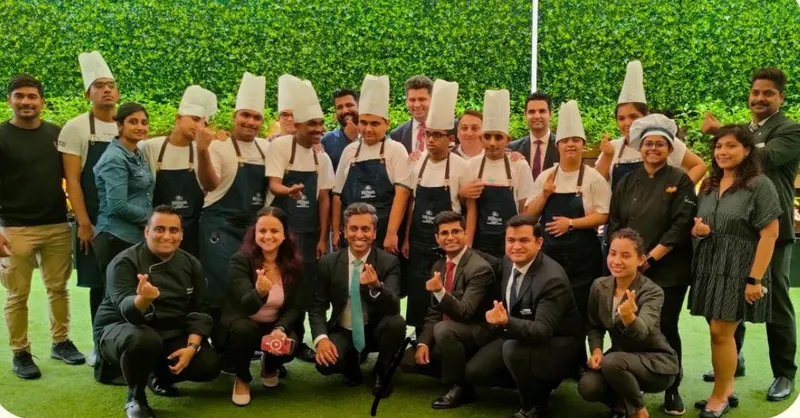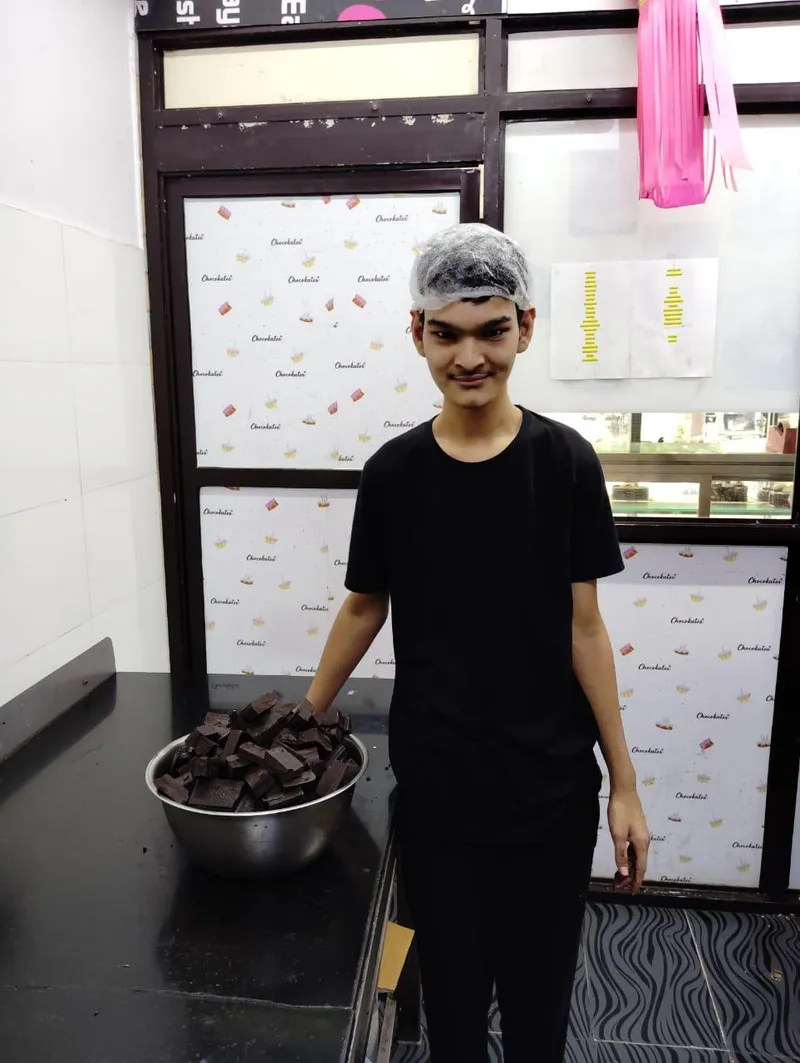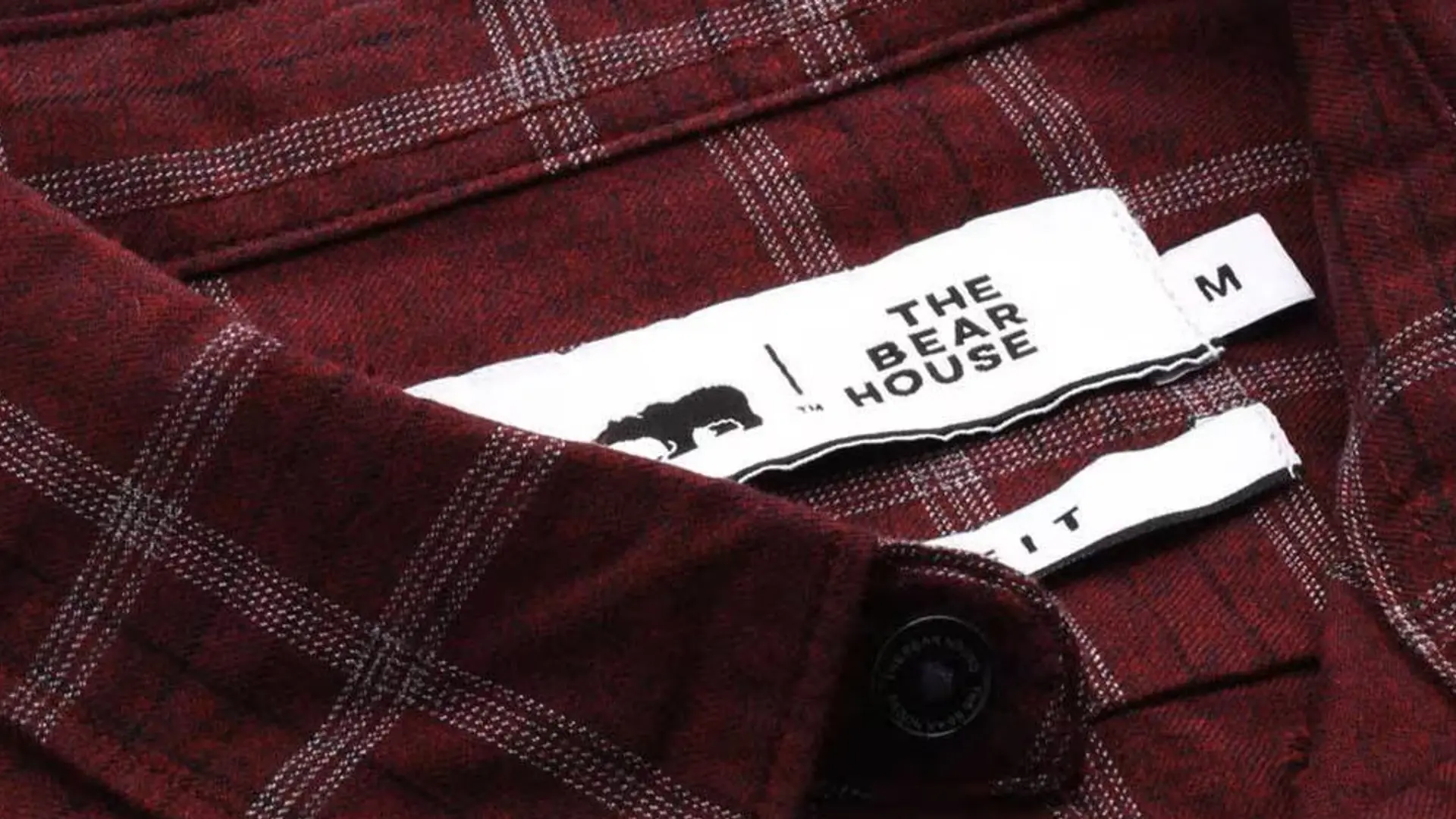How Veruschka Foundation is helping people with developmental disabilities lead an independent life
Veruschka Foundation trains people with developmental disabilities in culinary and essential life skills that will help them generate income through employment and entrepreneurship.
Twenty-eight-year-old Dhriti Pandit is an assistant chef at the Culinaris Institute for Hospitality, run by the Veruschka Foundation, in Mumbai. She leads an independent life today managing her developmental disabilities with confidence.
Her mother Surekha Pandit credits the foundation for helping her daughter discover her identity and develop confidence in her ability to earn and contribute to society.
“Dhriti has become independent in every way—physically, mentally, and financially,” says Surekha.
Dhriti is not alone. She is among the hundreds of people with developmental disabilities that Veruschka Foundation has helped over the years.

The team at Veruschka Foundation
Building a foundation
Tatyana Dias, the founder of the foundation, was heartbroken after the demise of her 26-year-old sister Veruschka, who had autism, in 2015.
The loss was unexpected, and the grief was overwhelming. But one question provided a sense of hope to Dias: What could she do to keep her sister’s memory alive?
Veruschka Foundation was born in 2016 as a result of Dias’ quest to bring together various stakeholders, including families, NGOs, and special schools, to conduct awareness programmes on the abilities of adults with developmental disabilities.
One such awareness campaign was the ‘Cook for Change Challenge’, a cooking competition organised by the foundation.
The event revealed major gaps in the training that students with developmental disabilities received in special schools and vocational centres. The training was limited to teaching students how to make nimbu pani and Bombay bhel and some arts and crafts; it did not focus on income generation and earning a livelihood. As a result, parents were concerned about their children’s future.
“As a family, we too experienced the same thing. Veruschka finished schooling, and then there was no avenue for her. My parents went from door to door to find some space for her somewhere. She was homebound for a decade until she passed away,” recounts Dias, a 32-year-old neurobiologist.
As Dias did extensive research, it became clear to her that people with developmental challenges often depended on their caregiver for almost everything.
“Caregivers not only needed to provide emotionally and mentally, but also physically,” she says.
So, Dias decided to come up with a vocational training programme that would give people with developmental disabilities an avenue to earn their own livelihood and make them less dependent on caregivers.
Give a man a fish and you feed him for a day; teach a man to fish and you feed him for a lifetime.
This Chinese adage became the cornerstone of Veruschka Foundation’s philosophy. Dias decided that the Veruschka Foundation would use culinary arts to help persons with developmental disabilities lead independent lives and carve out a place for themselves in society.
She ran two successful editions of a cooking course at St Andrews College in Mumbai. Many experts from the culinary industry who observed or taught classes began to enquire with Dias about hiring her students.
Based on feedback and enquiry, Dias decided to scale up and set up the Culinaris Institute for Hospitality in the city in 2019.
What Veruschka Foundation offers
Veruschka Foundation, which is powered by the Government of Maharashtra under the Skill India Programme, provides a certificate of training, which opens the door to a professional career in the culinary industry.
The foundation offers two programmes. The first one is an Independent Life Skills programme for persons with developmental disabilities above the age of 13. The training involves teaching trainees how to make a cup of chai, a simple Indian meal, and popular foods from around the world such as pizzas, pastas, burgers, cakes and cookies. Students are often accompanied by a family member who is trained alongside them.
Students are also taught functional skills such as financial literacy, time management, social interaction, and self-esteem.
The second programme is the Skill Enhancement and Economic Development programme, which focuses on helping students use their life skills to generate income through employment and entrepreneurship. Students are trained by chefs and industry experts so that they can be assimilated into the culinary industry.
While many students find employment in the culinary industry, some prefer to set up their own micro business, specialising in chocolates and tiffin services.
Some people also stay on with the foundation, working on in-house livelihood initiatives such as Serving Change and Bite Better.
Serving Change focuses on bespoke catering for events such as parties and conferences in the social sector. Bite Better makes gluten-free, healthy foods such as ragi chaklis, bajra cookies, and ragi chips.
Battling attitudes and challenges

One such trainee of the culinary institute is Mahesh, who was sent to Veruschka Foundation from a partner school. He now works in a cake shop.
In the earlier days, Veruschka Foundation’s mission was viewed with scepticism. There were several questions put forth by people: Can these children hold a knife? Can they work with fire?
Apart from how outsiders view the foundation’s work, it is also challenging to work with parents, says Dias.
Some parents often think of their children as ‘invalids’. In some cases, parents have too many expectations as well. And most of them are concerned about their children ‘settling’ down in a career and a marriage. Besides, persons with disabilities are themselves afraid of kitchen tools, she adds.
Employers are a mixed bag too—while some react positively and are open to the idea of a conversation about employing persons with disabilities, some need convincing, explains Dias.
Veruschka Foundation has worked tirelessly in such a challenging atmosphere, creating positive impact along the way.
Till date, it has upskilled over 230 students, and around 10% of them have been successfully placed in restaurants, bakeries and other culinary ventures.
“Veru’s physical presence is gone. But she lives on through so many Veruschkas and so many families like ours,” says Dias.
One such trainee of the culinary institute is Mahesh, who was sent to Veruschka Foundation from a partner school. He now works in a cake shop.
Dias recollects the feedback Mahesh’s employer shared with her. The employer considers Mahesh an integral part of his team; he believes Mahesh’s presence has brought about a huge behavioural shift at the workplace, making people more sensitive and aware.
Sarita, another product of the foundation, is a para athlete. She runs a tea stall with her mother in a village near Pune.
Veruschka Foundation wants to transform the lives of people with developmental disabilities through purposeful training and close engagement.
Dias says, “We need to measure the ability of each child. It’s a disservice if they are in a certain line of work when you know their potential lies elsewhere. As organisations, we need to stop holding these individuals down. We need to aspire towards equal standing.”
Edited by Swetha Kannan






